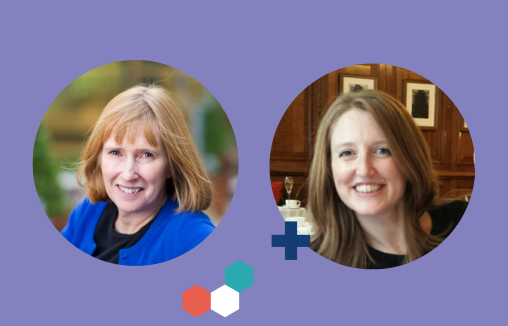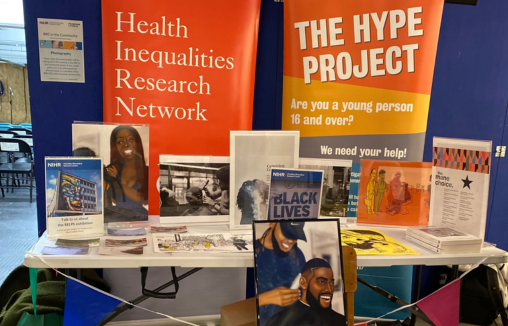Advisory Groups
Our advisory groups' diversity and community representation is monitored and enhanced with purposive recruitment (e.g., Black Thrive Lambeth).
Our BRC PPIE co-ordinator is the named lead to signpost enquiries to appropriate resources.
Approximately 75 service users and carers are members of our advisory groups, and they are available to comment on BRC strategy and research proposals. We monitor the diversity of the groups and strive to have community representation, across ethnicity, age, sex, and gender identity. All our advisory group members are compensated for their time and expenses.
We will continue to evaluate the impact of the BRC Advisory groups, informed by researcher feedback, to ensure they are fit for purpose and fulfil their objective. We will continue to establish novel co-production methods for developing outcome measures and research designs that can be used across BRCs and the wider research community.
- Service User Advisory Group (SUAG) meets six times a year and can be consulted on research ideas, design, scope, and methodology.
- Young People’s Mental Health Advisory Group (aged up to 26 years) meets approximately every three months and is consulted about research that has a focus on issues affecting young people. This group is available nationally and provides advice on how to set up local groups.
- Adolescent Mental Health Advisory Group (aged up to 17) is for younger people who meet in the school holidays and provide advice on research that is relevant to children and adolescents.
- ‘Fast-R’ service allows researchers to gain feedback on proposals, as well as information sheets, consent forms or other participant facing documents. Researchers can submit their work virtually and receive feedback within seven days.
- Data Linkage Service User and Carer Advisory Group is a group of people with an interest in data linkage (which means the joining of independent databases such as GP and hospital records). They meet regularly to provide feedback and advice to researchers.
Read more about our advisory groups on our website here.
Training
To increase capacity we have co-produced basic research methodology and skills training for service users, carers and staff within the SLaM Recovery College as well as providing PPIE training materials for service users and carers, and ‘how to’ guides to assist with remote working, with service user input. These are also available for researchers who are building their PPIE and research remotely.
PPI Advisory Service
Service user researchers from the Service User Research Enterprise (SURE) are available to provide 1:1 advice for researchers on all aspects of research, including helping them with involvement. These service user researchers are part of our PPIE theme and are developing a PPI Advisory Service for researchers on how to develop PPIE for their proposals.
PPIE resources
In addition to these specific groups, we have also, for the first time, incorporated PPIE resources to cover the payment of lived experience advisors. These resources are available in all the research themes so that each of them can develop diagnosis or method specific PPIE for their studies. This will help the research themes to develop research studies that are feasible and more likely to answer the right questions with the right methods. It will also increase the capacity for PPIE across the BRC with this new, more devolved arrangement. These new research groups will be built as the BRC progresses.
In addition, we provide or will provide:
- Guidance (written in collaboration with service users) to help researchers involve lay members in steering committees for clinical trials and other projects together with new information on remote involvement developed during the pandemic.
- Lectures and training on service user involvement to postgraduate students as part of their Research Methods course and a third-year module for Psychology undergraduates is being built by people with lived experience in the Service User Research Enterprise that will be used for some of our postgraduate taught courses.
Programme of Activities and Research











